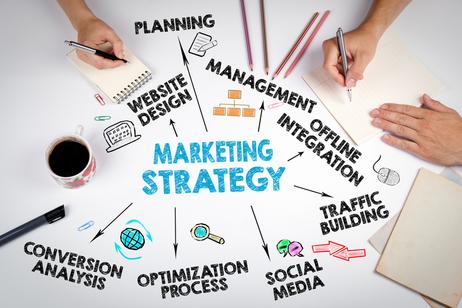Editor's Note: I am most grateful to Kate Fisher, who is an expert in admissions essays with Noodle Pros, for explaining how to handle the inevitable essay portion of your child's private school admissions application. ~Rob
If your child is applying to a private middle school or high school, he or she will likely have to write an admissions essay. It is important to remember that this is not a college admissions essay, which means that the standards used to assess your child’s writing ability are lower. However, this also means that it’s much easier for admissions officers to quickly identify essays that a parent, teacher, or tutor has had too heavy a hand in.
It is extremely difficult to disguise adult involvement in an essay that is supposed to be written by a child applying to middle school or high school. You may feel uncomfortable allowing your child to submit his or her essay without reading it over. If you choose to help him or her by proofreading or editing it, remember to make sure the language, syntax, and sentence structure remain age-appropriate. No private school admissions officer expects a rising sixth grader to write as well as an award-winning novelist, let alone a college-educated adult.
The best way to ensure the success of your child’s admissions essay is to show how to choose the right essay. Most private schools ask applicants to choose one prompt from a list of several. Helping your child brainstorm


























